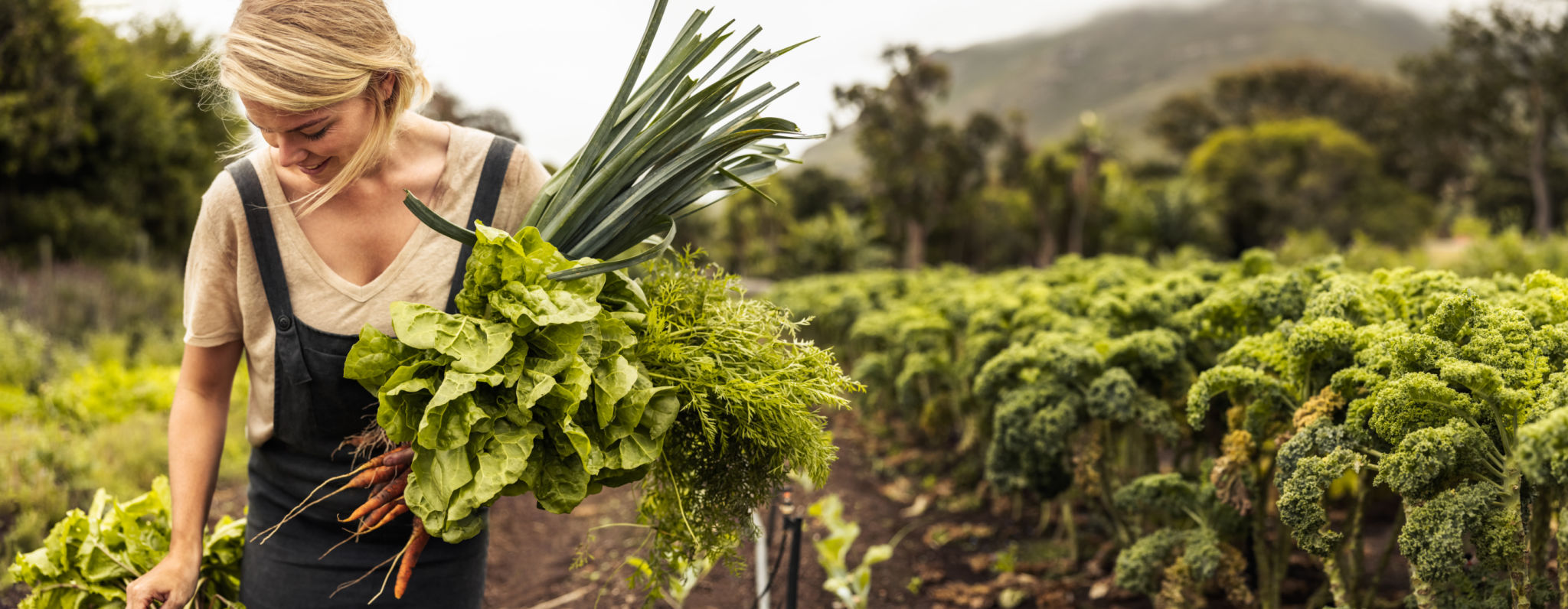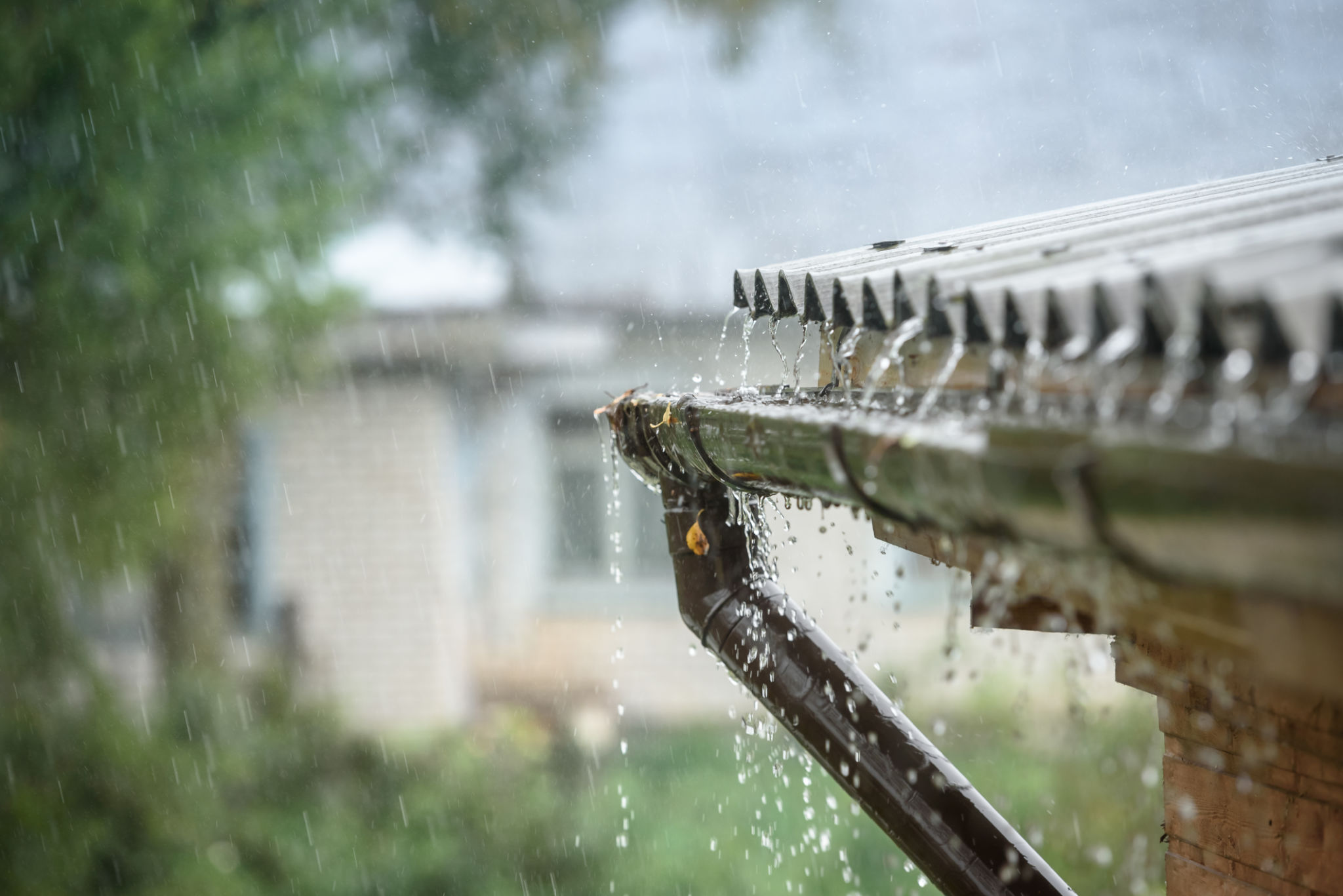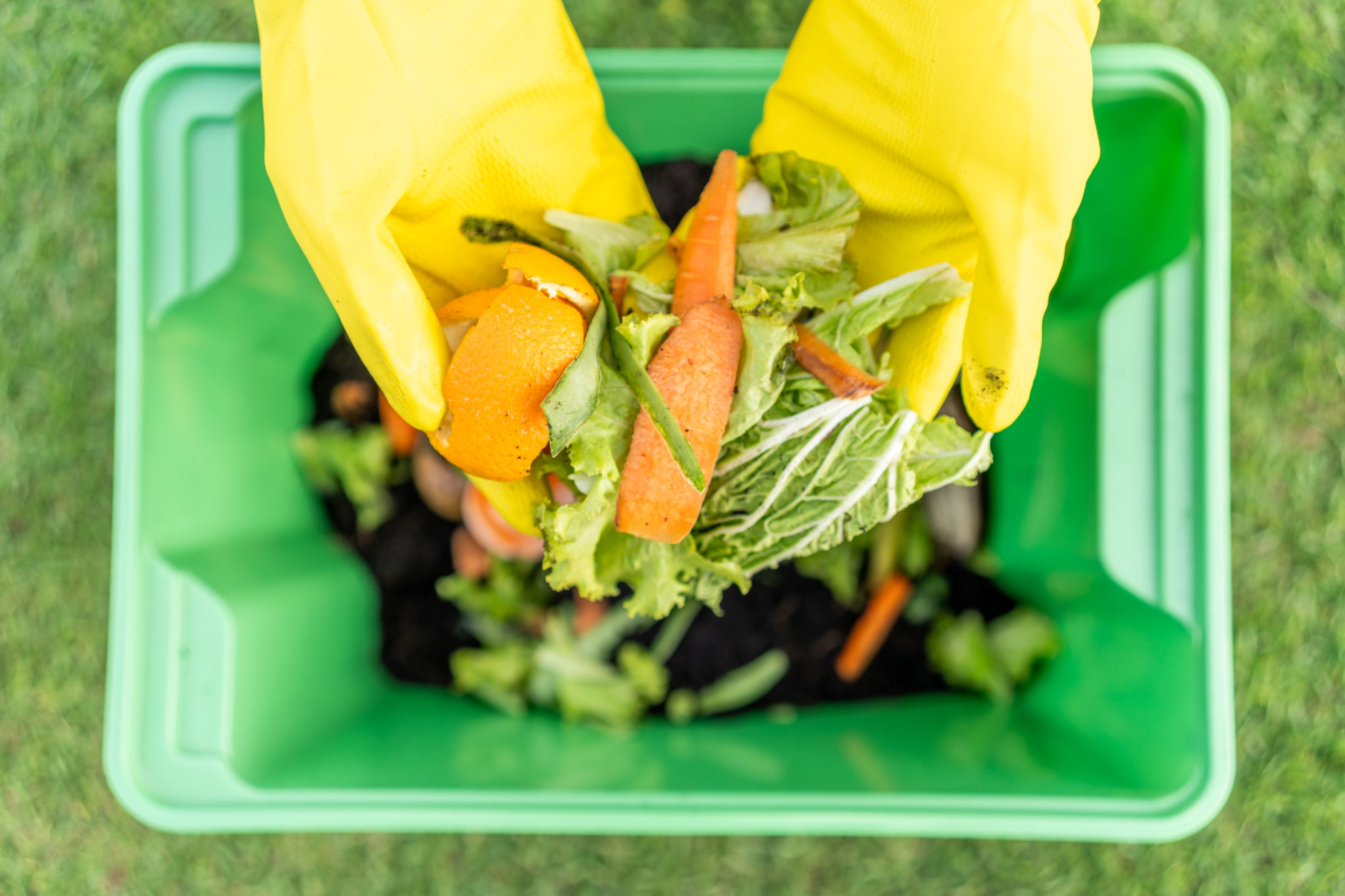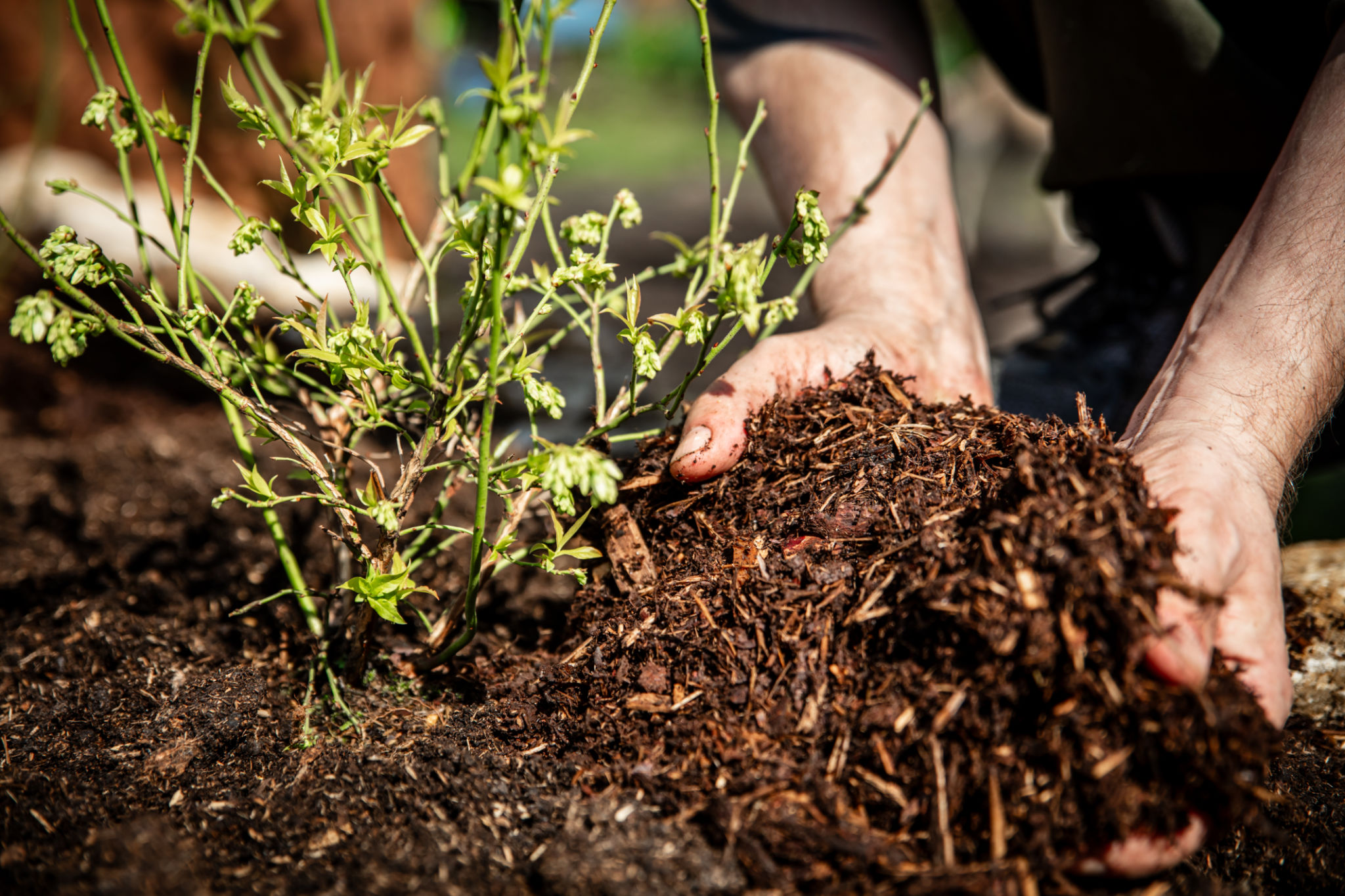Eco-Friendly Landscaping: Sustainable Practices for Pretoria Gardens
Understanding Eco-Friendly Landscaping
Eco-friendly landscaping is a growing trend among homeowners in Pretoria, as it combines the beauty of nature with sustainability practices. This approach not only enhances the aesthetic appeal of gardens but also contributes to environmental conservation. By adopting sustainable landscaping techniques, you can create a garden that thrives in harmony with the local ecosystem.
In Pretoria, where water scarcity and fluctuating temperatures are common challenges, eco-friendly landscaping offers a practical solution. Through careful planning and the selection of appropriate plants, you can reduce water usage and minimize your garden's impact on the environment.

Native Plant Selection
One of the fundamental principles of eco-friendly landscaping is the use of native plants. These plants are naturally adapted to Pretoria's climate, requiring less water and maintenance. They support local wildlife by providing habitats and food sources. Consider incorporating indigenous species such as the Agapanthus or the Aloe vera, which are both attractive and resilient.
To further enhance sustainability, group plants with similar water needs together. This method, known as hydrozoning, ensures efficient water use and promotes healthy plant growth. The result is a vibrant garden that is both visually appealing and environmentally responsible.
Water Conservation Techniques
Water conservation is a key component of eco-friendly landscaping in Pretoria. Implementing practices such as rainwater harvesting and drip irrigation can significantly reduce water consumption. By collecting rainwater in barrels or tanks, you can provide an additional water source for your garden during dry periods.

Drip irrigation systems deliver water directly to the plant roots, minimizing evaporation and runoff. These systems are highly effective in maintaining soil moisture levels, ensuring your plants receive the necessary hydration without waste.
Soil Health and Composting
Maintaining healthy soil is crucial for sustainable gardening. Enrich your soil by incorporating organic matter such as compost, which improves soil structure and fertility. Composting not only recycles garden waste but also reduces the need for chemical fertilizers.
Create a compost bin in your garden where you can add kitchen scraps, grass clippings, and leaves. Over time, these materials will decompose into nutrient-rich compost that supports plant growth and enhances soil health.

Pest Management Without Chemicals
An eco-friendly garden requires a balanced approach to pest management. Instead of relying on chemical pesticides, explore natural alternatives such as companion planting and biological controls. Certain plants can repel pests, while others attract beneficial insects that prey on garden pests.
Integrated Pest Management (IPM) strategies focus on long-term prevention through a combination of biological, cultural, and physical controls. By promoting a diverse ecosystem within your garden, you can minimize pest problems while protecting beneficial organisms.
The Importance of Mulching
Mulching is an effective way to conserve moisture, suppress weeds, and regulate soil temperature in your garden. Organic mulches such as bark chips or straw decompose over time, adding nutrients to the soil. Apply a layer of mulch around your plants to improve their growing conditions and reduce maintenance efforts.

Eco-friendly landscaping in Pretoria gardens offers many benefits, from conserving resources to enhancing biodiversity. By adopting these sustainable practices, you contribute to a healthier environment while enjoying a beautiful and thriving garden year-round.